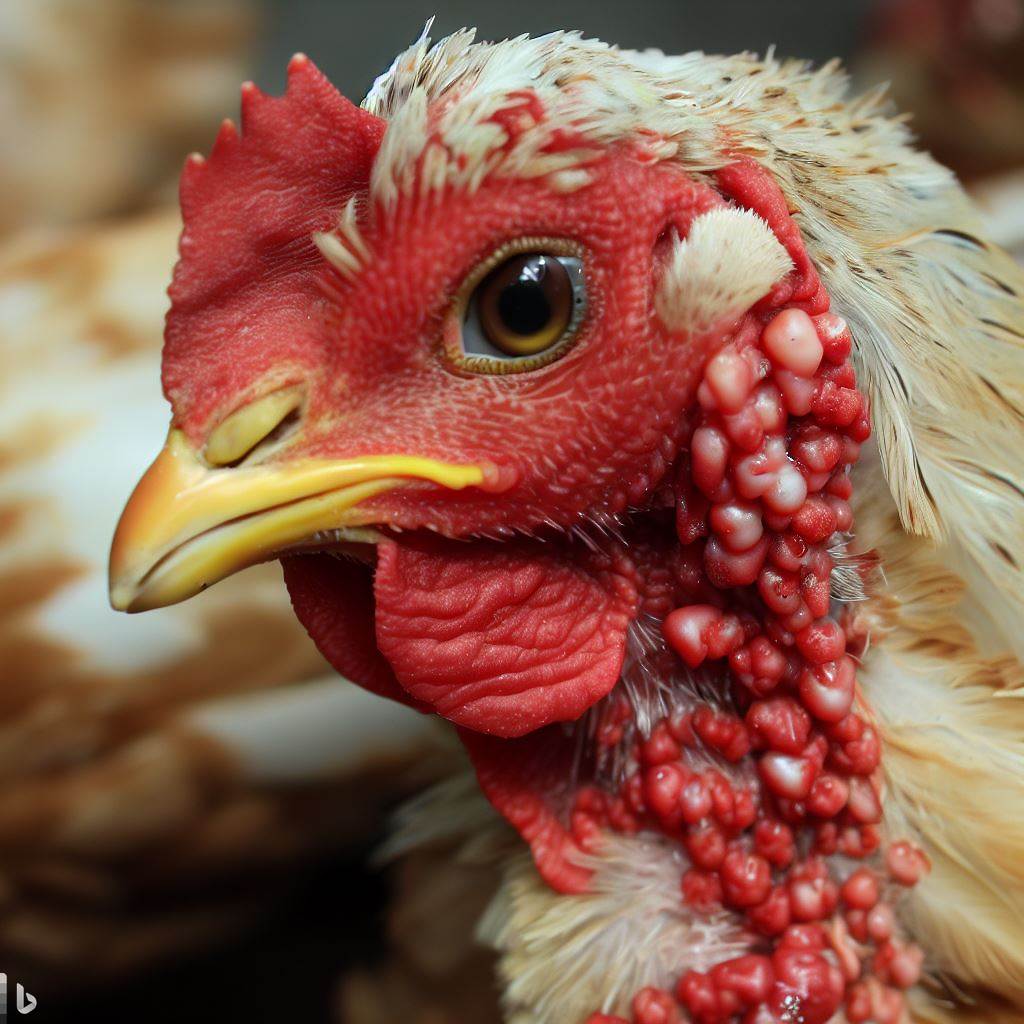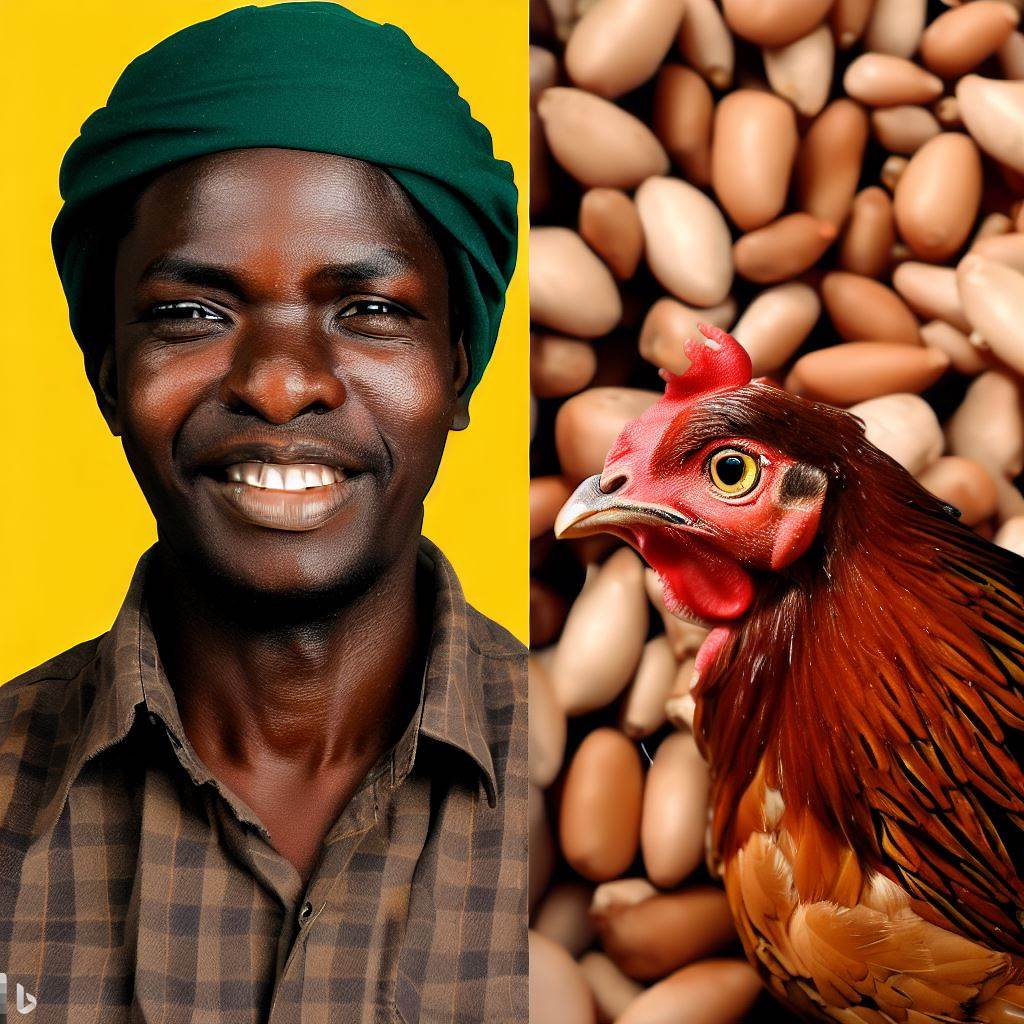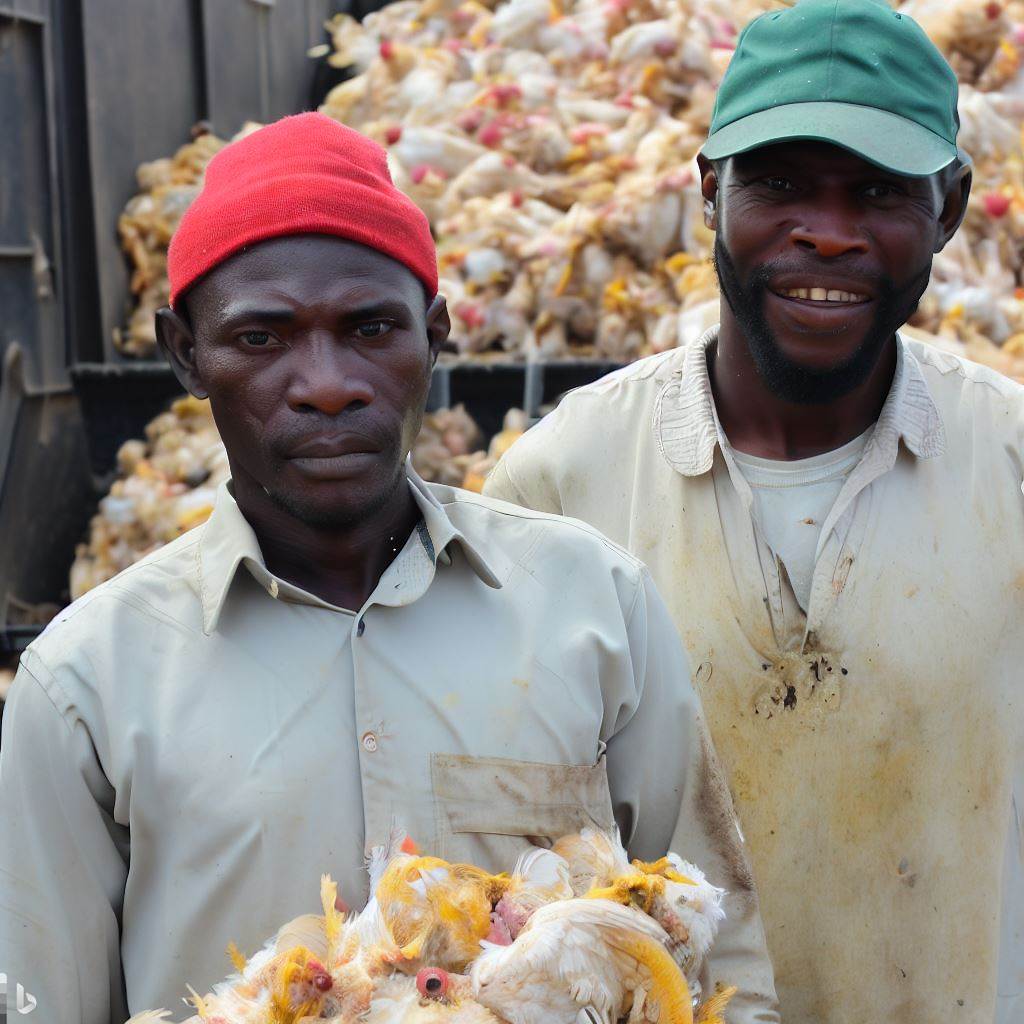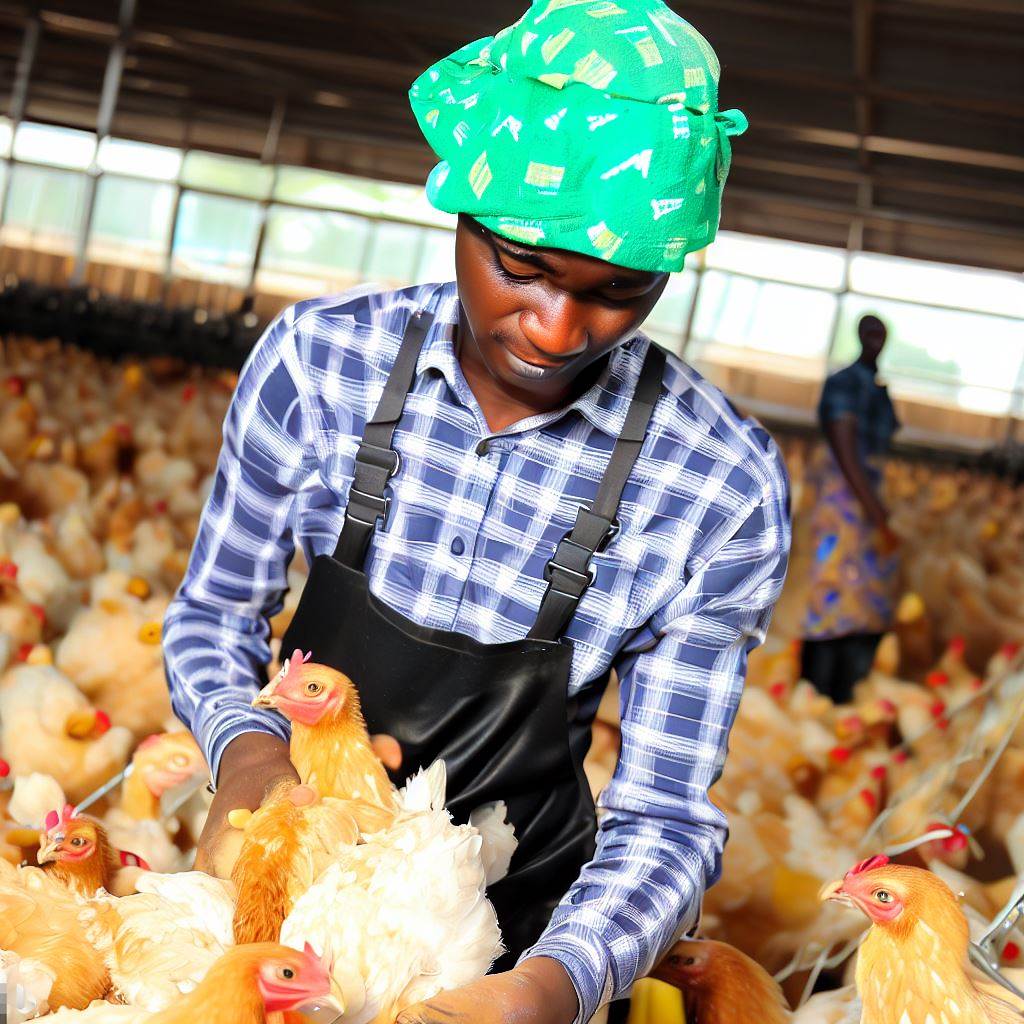Introduction
The poultry industry in Nigeria is of great importance due to its contribution to the economy and employment opportunities.
However, Nigerian poultry farms face significant challenges in the form of prevalent diseases.
The prevalence of diseases in Nigerian poultry farms poses a major threat to the industry.
These diseases not only pose a risk to the health of the birds but also result in significant economic losses for farmers.
Avian influenza, Newcastle disease, and infectious bronchitis are among the common diseases faced by Nigerian poultry farms.
These diseases can cause high mortality rates and lead to reduced productivity.
The spread of diseases in Nigerian poultry farms is facilitated by poor biosecurity practices, inadequate vaccination programs, and the introduction of infected birds or contaminated equipment.
Addressing the prevalence of diseases in Nigerian poultry farms is crucial to protect the industry and ensure food security.
Implementing strict biosecurity measures, improving vaccination programs, and maintaining proper hygiene can significantly reduce the incidence of diseases.
Moreover, educative campaigns and increased awareness among poultry farmers about disease prevention and control can play a vital role in minimizing the impact of diseases on the industry.
The poultry industry in Nigeria is of great importance, but it faces significant challenges due to prevalent diseases.
By taking proactive measures and adopting best practices, the industry can overcome these diseases and thrive, ensuring a sustainable future for Nigerian poultry farms.
Read: Emerging Trends in the Nigerian Poultry Production Sector
Understanding Common Diseases in Nigerian Poultry Farms
Newcastle Disease
- Causes, symptoms, and transmission
- Impact on poultry production and profitability
- Prevention and control measures
Avian Influenza
- Causes, symptoms, and transmission
- Economic implications for poultry farmers
- Strategies for prevention and control
Infectious Bursal Disease
- Causes, symptoms, and transmission
- Negative effects on poultry health and productivity
- Vaccination and biosecurity measures to combat the disease
Coccidiosis
- Causes, symptoms, and transmission
- Impact on growth, performance, and mortality rates
- Effective management strategies to alleviate the disease
The Importance of Biosecurity in Disease Prevention
Definition and significance of biosecurity
Biosecurity refers to the set of protocols and practices implemented to prevent the entry and spread of diseases in poultry farms.
It is of utmost importance in maintaining a healthy and profitable poultry farm.
Key biosecurity measures to implement in Nigerian poultry farms
- Strict control of visitors and personnel
- Sanitation and hygiene practices
- Proper waste management
- Isolation and quarantine protocols
The role of biosecurity in reducing disease risks and losses
Implementing robust biosecurity measures significantly reduces the risk of disease outbreaks and related economic losses in Nigerian poultry farms.
Proactive prevention through biosecurity enhances the overall health and productivity of the flock, ensuring sustainable poultry farming operations.
Read: The Economics of Poultry Production in Nigeria

Promoting Good Practices for Disease Control and Management
Regular health monitoring and disease surveillance
- Disease testing and monitoring programs ensure early detection of potential outbreaks.
Vaccination and immunization protocols
- Following recommended vaccination schedules is essential for effective disease prevention.
- Various vaccines are available for different diseases and should be utilized accordingly.
Proper nutrition and management practices
- Balancing feed rations is vital in maintaining optimal bird health and preventing nutritional deficiencies.
- Providing clean water and suitable housing conditions promote overall well-being and minimize stress.
Read: Guide to Starting a Poultry Farm in Nigeria: Steps & Tips
Collaborative Efforts and Government Support for Disease Control
Role of government agencies and industry associations
- Government agencies such as the Ministry of Agriculture play a crucial role.
- They develop and implement policies and regulations to control and prevent diseases.
- Industry associations like the Poultry Association of Nigeria provide support and guidance.
- These associations collaborate with government agencies to address disease challenges.
Availability of resources, workshops, and training programs
- The government ensures the availability of resources for disease control measures.
- These resources include vaccines, medications, diagnostic tools, and laboratory facilities.
- Workshops and training programs are conducted to educate poultry farmers on disease prevention.
- These initiatives help farmers acquire knowledge and skills to manage and control diseases effectively.
Importance of information sharing and collective responsibility
- Information sharing is crucial to prevent the spread of diseases in poultry farms.
- Government agencies and industry associations provide platforms for information exchange.
- Farmers can share their experiences, challenges, and best practices to collectively combat diseases.
- Collective responsibility ensures that all stakeholders actively participate in disease control efforts.
Overcoming Common Diseases in Nigerian Poultry Farms requires synergistic collaboration among government agencies, industry associations, and farmers.
The Ministry of Agriculture spearheads policy formulation and regulation enforcement for disease control.
Industry groups, like the Poultry Association of Nigeria, bridge the gap between agencies and farmers, offering guidance.
Government ensures the supply of vaccines, medicines, diagnostics, and lab facilities.
Workshops train farmers in disease prevention, fortifying their ability to avert outbreaks.
Information exchange platforms facilitated by agencies and associations enable farmers to share experiences, refining prevention strategies.
Collective engagement is pivotal. Stakeholders, including agencies, associations, and farmers, jointly shoulder responsibility.
This unity underpins effective disease mitigation.
In the end, collaborative government-backed efforts are key to tackling Common Diseases in Nigerian Poultry Farms.
Agency and association involvement, resource provision, education, and shared knowledge empower farmers, ensuring a robust and healthier poultry industry.
Read: Local Chicken Breeds for Poultry Farming in Nigeria
See Related Content: Promoting Gender Equality in Nigeria’s Livestock Sector
Conclusion
Nigerian poultry farms are faced with common diseases that can have disastrous consequences if not properly addressed.
Recapping some of these diseases, we have mentioned Newcastle disease, avian influenza, and infectious bursal disease.
Disease prevention and control measures are of paramount importance in the poultry industry.
By implementing biosecurity protocols and good management practices, farmers can significantly reduce the risk of disease outbreaks.
It is crucial for farmers to prioritize the health and well-being of their flocks by investing in vaccination programs, regular monitoring, and proper hygiene.
Remember, prevention is always better than cure when it comes to poultry diseases.
By taking proactive steps and implementing preventive measures, farmers can protect their livelihoods and ensure a sustainable and profitable poultry industry in Nigeria.
Let us all work together to maintain disease-free poultry farms and contribute to the growth of the agricultural sector in Nigeria.




